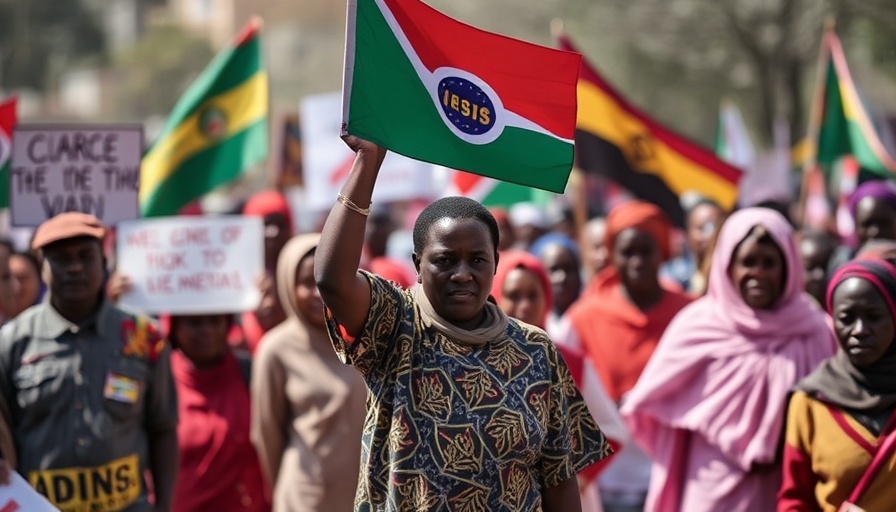
The Resurgence of Civil Society in East Africa Amidst Rising Repression
The landscape for civil society in East Africa appears to be shifting, as organizations in the region are beginning to rebound from years of repression. In countries like Uganda and Tanzania, non-governmental organizations (NGOs) are advocating for rights and transparency, drawing attention to governance issues that have been traditionally neglected. While authoritarian measures aimed at curbing dissent persist, the resilience of civil groups signals a refusal to remain silent.
Understanding the Context of Repression
In recent years, East Africa has witnessed an alarming trend in governmental repression, particularly against civil society organizations (CSOs) that challenge state narratives. Various regimes have implemented laws and regulations designed to limit the operational space for these NGOs, often branding them as foreign agents. This climate of fear and distrust poses significant challenges for advocacy efforts.
A New Era for Civil Advocacy
Despite these hurdles, civil society groups are finding innovative ways to circumvent restrictions. For instance, in Kenya, grassroot movements harness digital platforms to raise awareness and mobilize support. This digital shift not only facilitates information dissemination but also enhances collaboration across borders, allowing civil organizations to unite for common causes.
Global Considerations: Implications for Investors and Policymakers
The rebirth of civil society in East Africa carries profound implications for the region's socio-economic landscape. For business leaders and investors, a vibrant civil society can act as a stabilizing force, fostering an environment that attracts sustainable investments. Policymakers should take note: engaging with these organizations can provide critical insights into public sentiment that might influence diplomatic relations and trade policies.
Looking Ahead: Opportunities for Partnerships
As civil society continues to evolve amid adversity, opportunities for collaboration between governments, businesses, and non-profits will emerge. Investors that recognize the importance of social engagement will likely find success in fostering long-term partnerships that promote stability and growth in Africa’s dynamic economy.
Conclusion: A Call to Action
As East Africa navigates this turbulent phase, the role of a resurgent civil society cannot be overstated. Observers from various sectors—be it diplomatic, business, or academic—must engage with civil organizations to understand their critical role in shaping transparent governance. Only by acknowledging and supporting these groups can the region hope to achieve meaningful progress.
 Add Row
Add Row  Add
Add 


 Add Row
Add Row  Add
Add 

Write A Comment